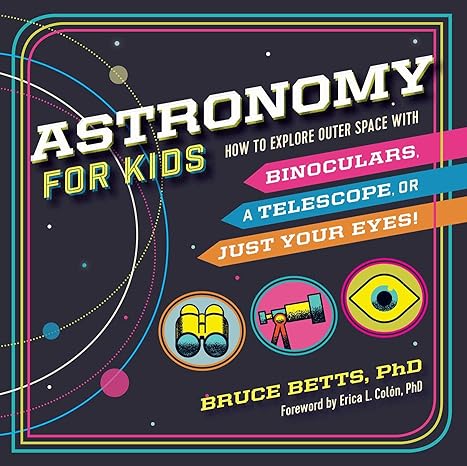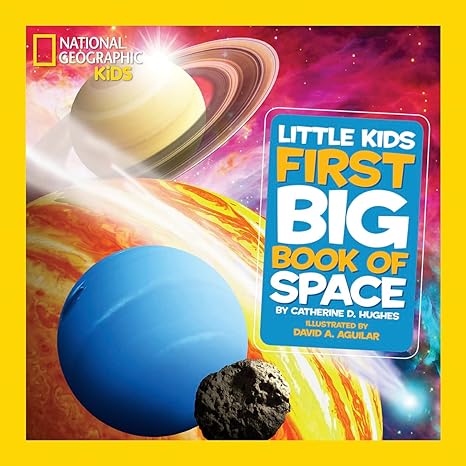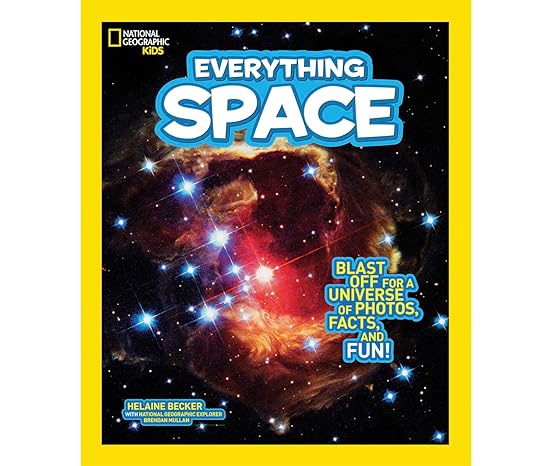
14 Jun Amazing Astronomy in Your Homeschool
Astronomy is such an amazing topic to study in your homeschool. Kids find it fascinating and therefore engaging; what could be better? We have rounded up some hands-on ideas and resource ideas for studying astronomy in your homeschool!
This post contains affiliate links.
Fun and Hands-on Ideas to Learn about Astronomy
Take a Field Trip
While it would be incredible to actually visit space, its not exactly doable for a homeschool family. But there are still field trips we can take to learna about astronomy!
Your Own Yard or Neighbourhood
It might be difficult to see very much if you live in an area with a lot of light pollution. But that doesn’t mean you can’t try to see what you can. You can also discuss light pollution and its affect on your neighbourhood, which is another great thing to learn about!
Even when I lived in an area with a lot of light pollution, we could still see some stars, planets and the moon. In the summer, we sometimes watched meteor showers as well! If you have or can borrow a telescope, it would be fun to see what you can view with one. However, even looking at the moon with binoculars shows much more details than you can see with the naked eye! Stellarium is a great app for helping you identify what you are seeing in the night sky.
If you want to see a little more of the dark night sky than you can from your own neighbourhood, you might want to take a drive out to the country or forest to see a little more with less light pollution, or even visit a Dark Sky Preserve or Dark Sky Site!
Dark Sky Preserves and Dark Sky Sites
Is there a dark sky preserve or dark sky site near you? Or perhaps you can plan on visiting one during a trip or vacation. Dark sky preserves are areas that are meant to be free of as much light pollution as possible. You can see a lot more of the night sky! Canada has 13 dark sky preserves. Canada also has dark sky sites designated by the Royal Astronomical Society of Canada.
A Planetarium or Science Center
Planetariums can be lots of fun to visit. Even some science centers, like the small one near us, have them- ours is one they blow up like a big tent and people lay down inside! Check out what there is in your community. Here is a list of planetariums in Canada. If you have a local science center, be sure to check if they have a planetarium (or other exhibit about astronomy) as I see our local one is not on this list.
Local Science or Astronomy Clubs
Sometimes local science and astronomy clubs exist, either to join for monthly meet-ups and learning, or to participate in local events. Our local club is small but they hold events whenever there is something really neat happening, like an eclipse. The Royal Astronomical Society of Canada has a list of its clubs, and there are other lists online such as this one featuring clubs across Canada. Be sure to ask around as again I see our local club is not on the list!
Be Aware of Astronomy Events
In the world of astronomy there are often special events. Solar and lunar eclipses (or partial eclipses), northern lights, increased visibility to see certain planets, meteor showers and more are announced at places like. Keep an eye on this and plan to have a look at the night sky during these events! There are many websites that keep track of astronomy events such as Astronomy.com. Sometimes events are also in the local newspaper.
Do a Unit Study About Astronomy
Astronomy Set
By Amanda Bennett
The package includes two unit studies, the Space Unit Study Adventure™ and the Moon Download N Go™ unit study. The Space Unit Study Adventure covers solar and lunar eclipses at the Lower Level (grades K-6). (Affiliate link)
Learn About Astronauts and The Canadian Space Agency
Learning about Canadian astronauts and Canadian space exploration can be a fascinating topic. The Canadian Space Agency has their own website with tons of resources! Chris Hadfield and Roberta Bondar are two famous Canadian astronauts who would be fascinating to learn about! There are also some great videos about astronauts covering topics such as eating in space, sleeping in space, space medicine and more on the government of Canada website section about The Canadian Space Agency.
Book Recommendations for Learning about Astronomy

Astronomy For Kids
By Bruce Betts
Age Range: 7-13
This book shows you how easy it is to observe space just by going outside! You can use binoculars, a telescope, or just your eyes!

National Geographic Kids: Little Kids First Big Book of Space
By Catherine D. Hughes
Age Range: 6 and up
National Geographic books never disappoint! Its unfortunate that this book has the words “Little Kids” in the title though. My 12 year old LOVES this book. There is just enough information to engage and not too much information for information overload! I highly recommend ignoring the “little kids” part of the title if you have bigger kids and enjoying this gorgeous book!

National Geographic Kids Ultimate Explorer Field Guide: Night Sky
By Howard Schneider
Age Range: 8-12
This book is packed with information and photos! An engaging book that will encourage your kids to get outside and discover the night sky!

National Geographic Kids: Everything Space
By Helaine Becker
Age Range: 8-12
Load of photos in this jam-packed information book about space! Another great title from National Geographic.
Online Resources for Learning about Astronomy
Lesson Plans & Activities
Lapbooking / Notebooking
Programs
- Canadian Junior Astronomer Program – 3 Different Levels (Star, Nova, and Super Nova) with a series of tasks divided into three sections: Observing, Thinking, and Extension activities. You get started completing the expected tasks, research, or observations and work towards completing the level. When you are done, you can send in your information to the website to be added to the online list!
- Girl Guides Canada Astronomy Badge
The Solar System
Constellations
The Moon
Other Websites
Final Thoughts
Learning about astronomy can be a fascinating topic for all ages. It can be as simple as learning about what you can observe in the night sky in your own yard. Get out there and discover about the amazing topic of astronomy!
This post was updated in 2024.
